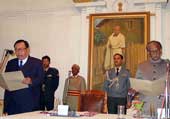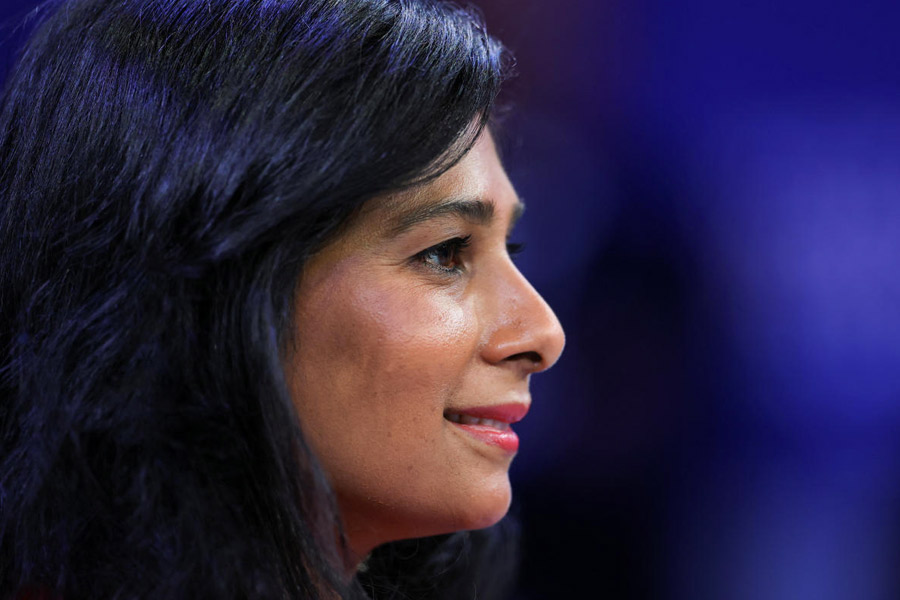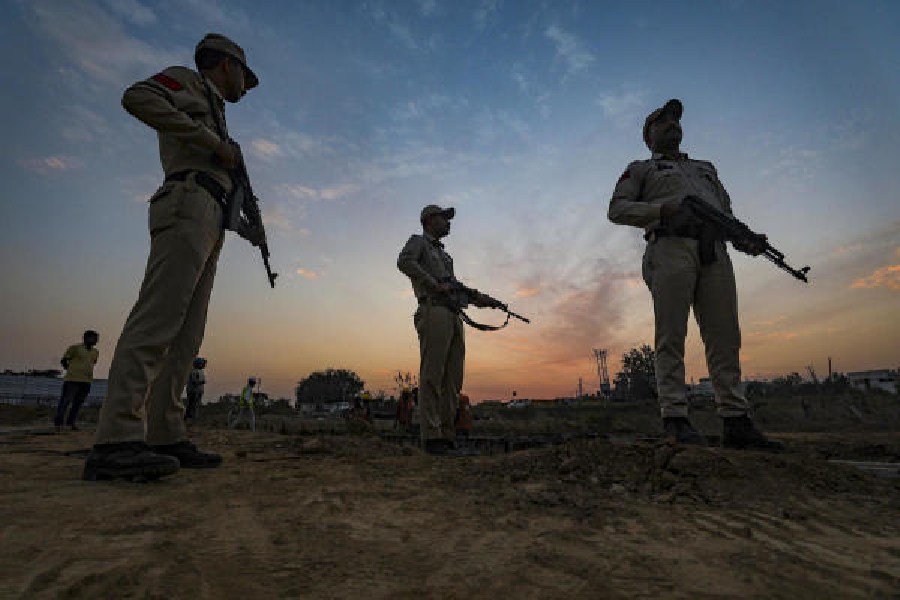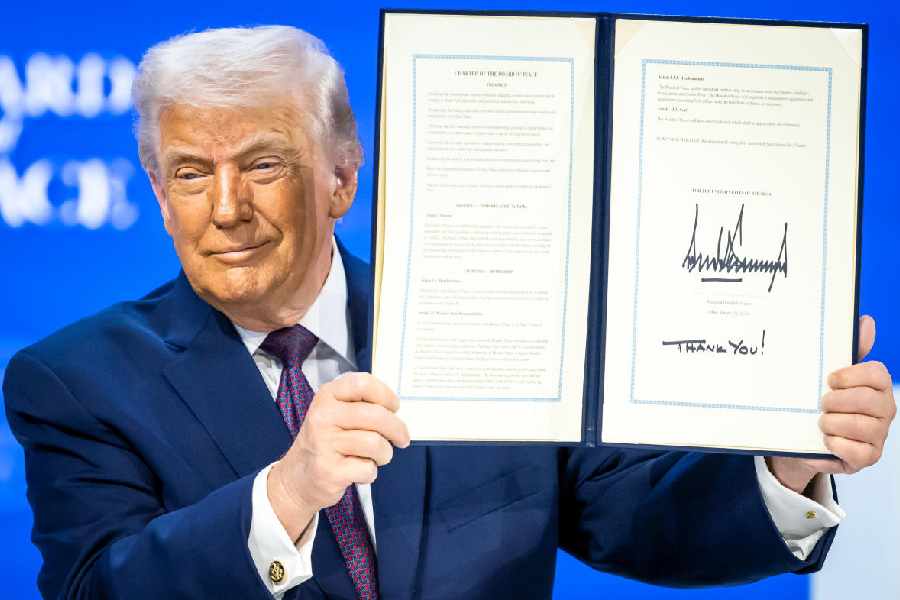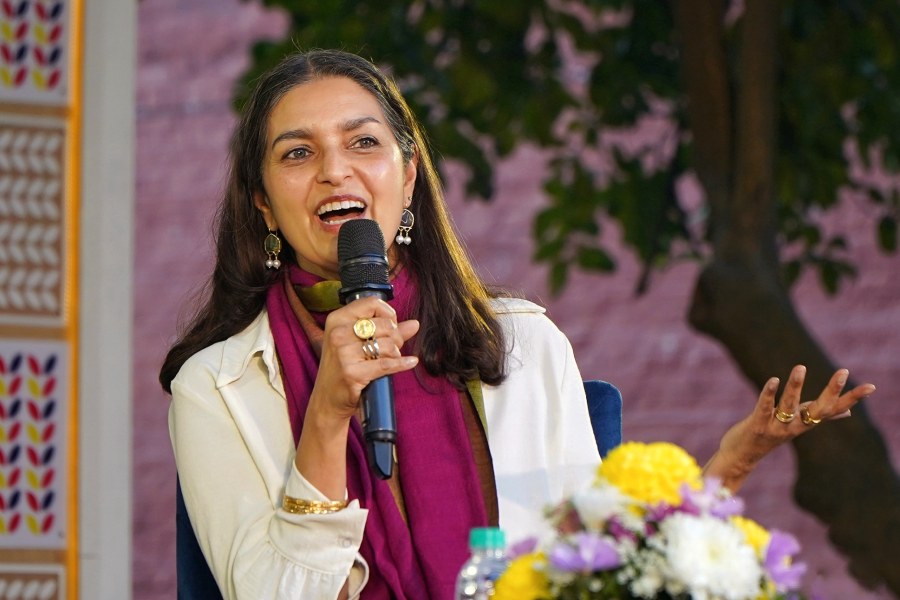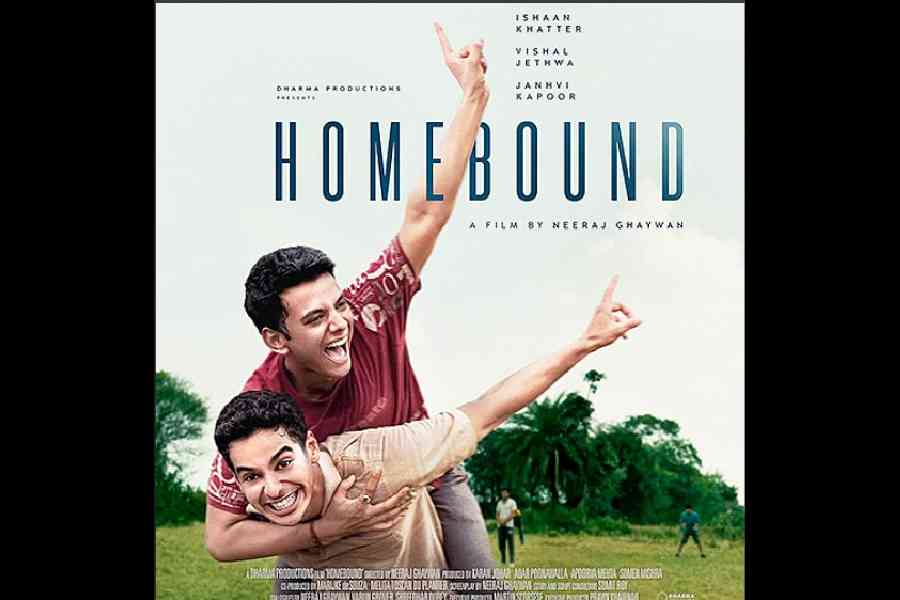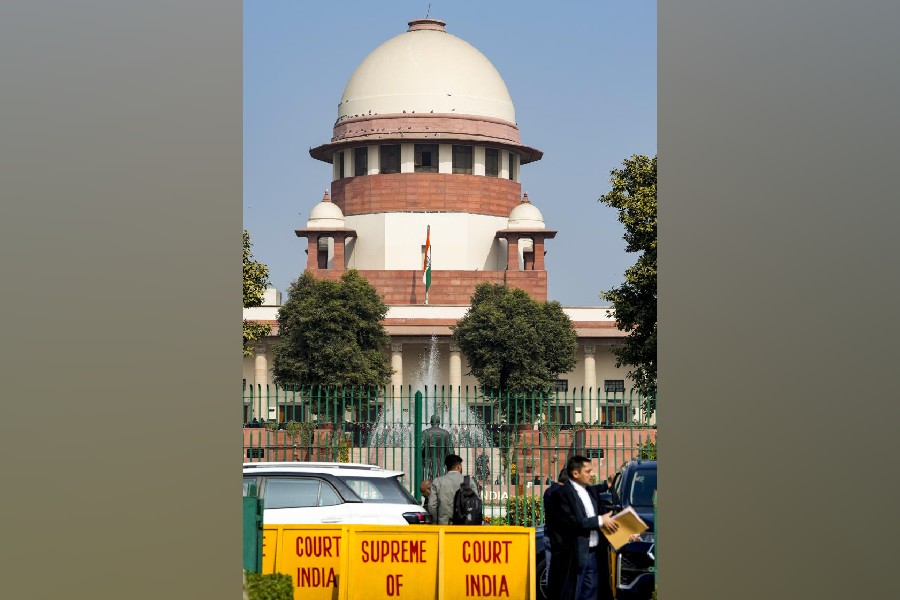|
|
| Call the doctor |
The current spat between Murli Manohar Joshi and Arjun Singh signifies a lot more than the Punch-and-Judy show it appears to be. Joshi is livid because Singh has got the NCERT, a vassal of the political bosses at the Centre, to cancel the school history books written by his minions under the National Curriculum Framework 2000. Singh instituted a committee of historians who want textbooks to be reverted to those written by the pre-saffron establishment until their “updated” versions are available. The saffron textbooks were subsequently withdrawn, though Bharatiya Janata Party-ruled states are going ahead with them.
“Arjun Singh is playing a dangerous game...”, Joshi said. “What is being attempted now is communistization (sic) of the country’s education.” Joshi’s case would have secured a more sympathetic audience if he’d got a better team of history writers at his command. But surely the professor has a case. It is about the right of a community, or communities, to have a history of its choice.
Do facts have a role in community histories? Historian E.H. Carr wrote in his seminal What is History?, “It used to be said that facts speak for themselves. This is, of course, untrue. The facts speak only when the historian calls on them”. Sure, but they are still necessary because it is the fact, and fact alone, that the historian can summon to build his argument.
But Indian democracy has moved on, particularly since the Ram Janmabhoomi agitation, with community historians eagerly giving the floor to “non-facts”. Historian Barun De, who headed a committee of experts appointed by Singh, says that “history is an account of the past based on collation and corroboration of data and endorsed by a consensus of public opinion”. The text books disapproved by the committee and sponsored by a party that got just seven seats less than the Congress in the last elections show how little respect their authors or their patrons have for the “consensus of public opinion” in the post-independence era.
One of these books, written by Makkhan Lal for class VI, claims that “the invention of paper and silk are the greatest contributions of the Chinese to the world”. The Indian History Congress, which is, to borrow Joshi’s phrase, one of the epitomes of “communistization” of history, brought out a critique (Index of Errors) of the saffron text books in 2003 under the supervision of historian Irfan Habib. Index asks why printing, spinning wheel, magnetic compass and gunpowder are omitted? Lal says it is the Indus-Saraswati civilization. Index called it a “tendentious name” that seeks, through an imposed nomenclature, “Aryan affiliation” to the Indus Civilization.
The class IX text book on contemporary India, written by Hari Om, calls the October-November 1917 Bolshevik revolution “a coup led by Lenin”. It angers Index, which reminds the author that it is not a coup but is accepted as a revolution, “like the French revolution”. In his zeal to re-open an old communist wound, Hari Om goes overboard and claims that communists and “Jinnah’s followers” were the only two who didn’t support the Quit India movement. He’s easy prey to Index which points out that others who didn’t support the movement included the Rashtriya Swayamsevak Sangh, the Hindu Mahasabha and followers of Ambedkar.
Index served its purpose in the pre-election months as a sort of underground pamphlet of tenured historians who were appalled by Joshi putting his barbarians at the gate. Besides, the books it slammed are low-grade apprentice jobs, with shoddy logic and barbarous prose. But it is doubtful if their account of the past is much different from the “desired histories” of the communities the BJP was addressing. Seeking Aryan affiliation to the Indus Civilization is a fantasy of many modern-day Indians. The BJP was undoubtedly pandering to this fantasy. But who doesn’t?
For those who think that the BJP is alone in jettisoning facts from history, or in inventing a “suitable history”, Dalit historian D.C. Dinkar’s Swatantrata Sangram Main Achhuto Ka Yogdan, is an eye-opener. Dinkar’s book, which is held by the Bahujan Samaj Party as its official version of the 1857 freedom struggle, turns the story of Mangal Pandey’s revolt on its head. It says that the man who ignited the revolt was not Pandey but a Dalit, Matadin Bhangi, who worked in an ordnance factory near the Barrackpore regimental headquarters. One day he was thirsty and asked Pandey for water, which the latter, being a Brahmin, refused. This angered the untouchable who cursed the Brahmin, saying that the cartridges that he bit were rubbed with the lard of beef and pork in their factory. Dinkar argues that it was Matadin who triggered the revolt as his information infuriated Pandey who broke the line during the parade, and was hanged.
In an illuminating article on BSP mobilization in Uttar Pradesh by “Dalit history”, in Economic and Political Weekly (July 31-August 6, 2004), Badri Narayan describes how the elite national history of 1857 has been “subverted” by the Dalit account on evidence that are spurious. The historicity of the Matadin episode rests on a book written by one Acharya Bhagwan Dev. The Tatya Topes and Nana Sahebs do not figure in the Dalit narrative. Their places are taken by Chetram Jatav, Ballu Mehtar and Vira Pasi.
In the post-colonial era, the Congress began its history-creation with the advantage of having, as its bible, Nehru’s The Discovery of India, a masterpiece of history told with a design. But as the Congress began to decay culturally, the field of history was annexed by leftist historians who zealously edited facts but were scrupulous about their value as evidence. When Thapar wrote a school textbook in the Sixties in which she argued that Hindus probably ate beef, she didn’t fail to adduce it to a Sanskrit word, Goghna, which means the recipient of the offering of a calf. It sparked a furious agitation and the book was banned by the Janata Party government in 1977.
The leftist view of history as doctored facts is becoming history. Haven’t the supporters of Jharkhand Mukti Morcha got their own account of the past which is at variance from what students are taught in Bengal, or Bihar, or Orissa? Does everyone in the Congress approve of Mani Shankar Aiyar’s version of the freedom struggle when he ordered the removal of the plaque of V.D. Savarkar from the cellular jail in the Andamans? Singh is possibly looking for a specific vaccine against the saffron “toxin”, but the infection is too widespread.

